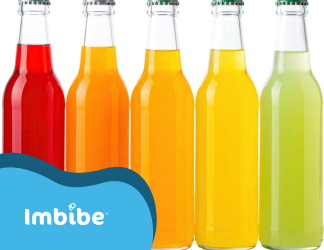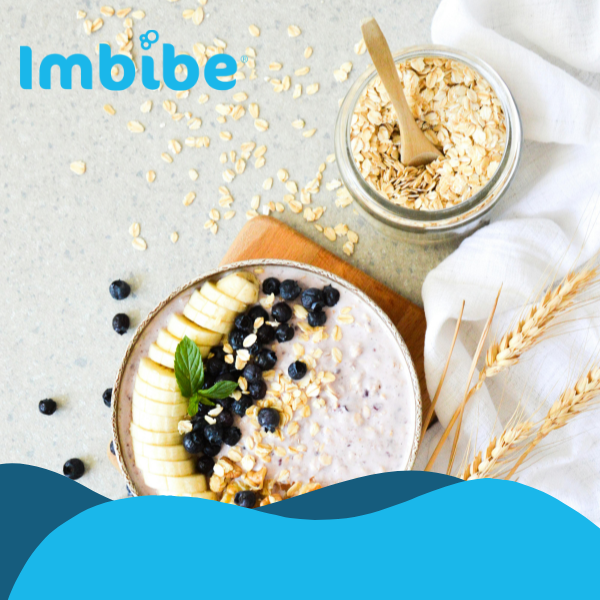Unlocking Sweet Success
The food and beverage industry faces a pressing challenge: reducing sugar while maintaining the indulgent flavors consumers crave. As a product development partner, we specialize in taste modulation solutions that leverage the unique properties of natural and artificial sweeteners to help CPG brands and manufacturers meet evolving demands.
The Sweetener Spectrum: Natural vs. Artificial – Understanding Different Kinds of Sweeteners
Today’s sweetener landscape offers diverse options:
- Natural sweeteners like stevia, monk fruit, and allulose provide calorie-free sweetness with clean-label appeal. Steviol glycosides, for example, remain stable under high temperatures and acidic conditions, making them ideal for beverages and baked goods.
- Artificial sweeteners such as aspartame, sucralose, and Ace-K deliver intense sweetness (200–600x sugar) with minimal caloric impact. Blends like Ace-K and sucralose mask bitter aftertastes while enhancing shelf life in carbonated drinks and confectionery.
Formulation Challenges and Taste Modulation
While non-nutritive sweeteners offer sugar-reduction benefits, their application requires precision. Hybrid systems combining high-intensity sweeteners with bulking agents like erythritol replicate sugar’s mouthfeel and functionality in products like low-calorie ice cream or protein bars. For example, stevia’s licorice-like aftertaste can be neutralized with flavor modulators, ensuring a balanced profile in yogurt or snack bars.
Driving Demand Through Innovation
CPG brands must address clean-label trends and health-conscious preferences without compromising taste. Our expertise in sweetener synergy ensures:
- Stability in extreme processing conditions (e.g., baking, pasteurization)
- Customized blends that align with regional flavor preferences and regulatory standards (e.g., FDA-approved Aspartame or EFSA-compliant stevia).
- Cost-effective scalability for mass production, from syrups to powdered mixes.
By integrating advanced taste modulation technologies, manufacturers can create products that resonate with today’s sugar-averse consumers. Whether optimizing a zero-sugar soda or a reduced-calorie chocolate, the right sweetener strategy transforms formulation hurdles into market opportunities.
Partner with us to navigate the sweetener landscape and craft products that delight taste buds while meeting modern health benchmarks. Interested in becoming a sophisticated in how you speak about sweetness? Connect with us to see if our Sweetener Masterclass is right for you or your team. Let’s redefine sweetness—one innovation at a time.



